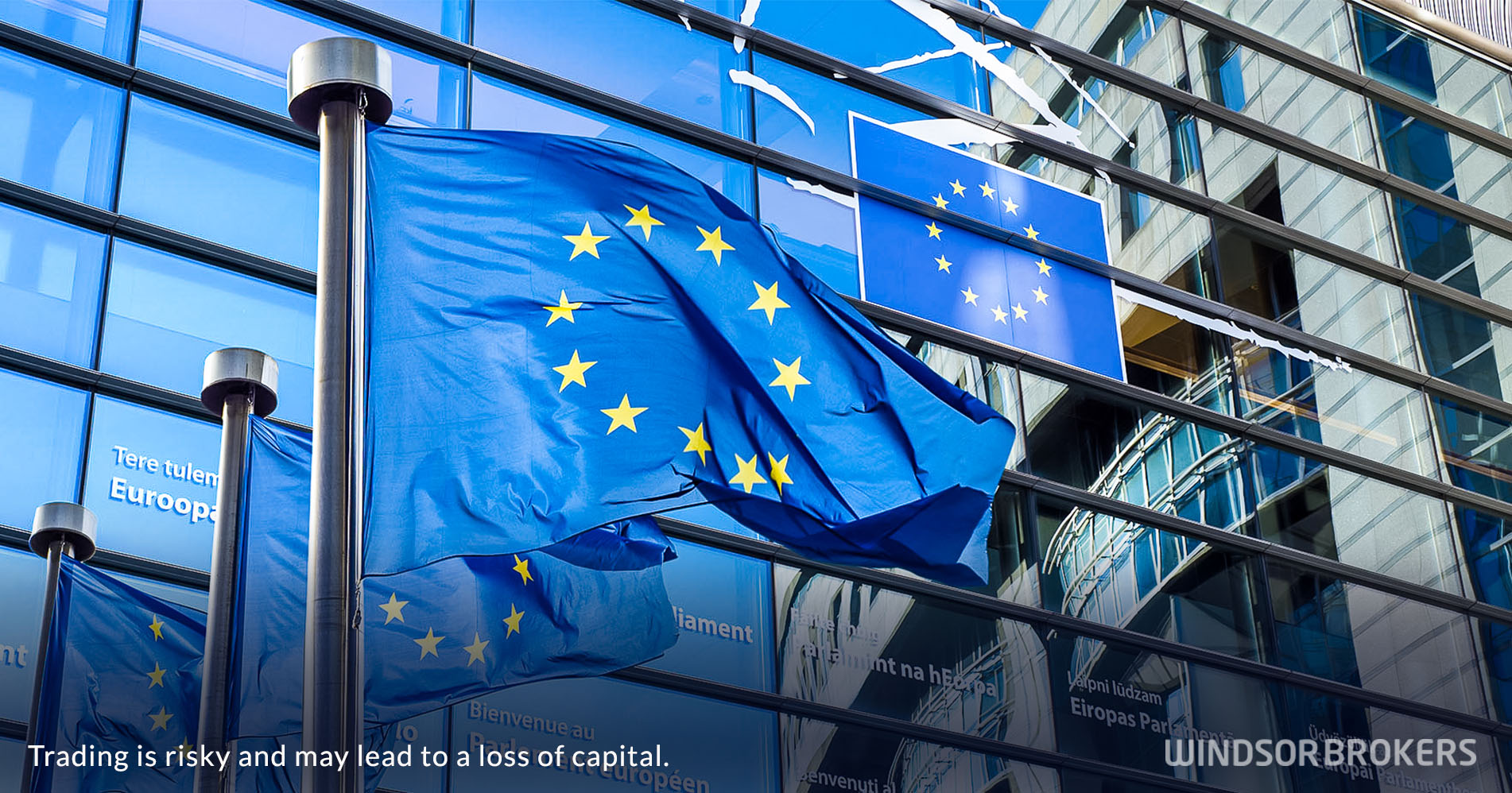Eurozone economy grew faster than expected in Q3; inflation soared to 4.1%, twice the ECB’s target
The eurozone economic growth remained strong in the third quarter as the economy emerged from summer crisis sparked by new wave of coronavirus infections which resulted in lockdowns.
The economy grew by 2.2% in the third quarter, at the fastest pace this year, beating expectations for 2% expansion and rose above Q2 downwardly revised 2.1% growth.
Rising consumer spending on re-opened stores and venues contributed to strong expansion in the third quarter but also added pressure on prices, already lifted by rising cost of energy and commodities, as well as persisting supply bottlenecks.
Inflation in the EU bloc soared to 4.1% in October, more than twice the ECB’s target and equaling the record high since 1997.
Strong inflation puts the European Central Bank’s monetary policy view under pressure and pushes the central bank towards accepting the fact that strong price growth may not be temporary, as initially thought, but would last for a longer period of time and possibly result in an earlier than expected start of tightening policy.
On the other side, many economists think that growth and inflation may be peaking and nearing returning point, expecting that growth will be slower in the fourth quarter as labor shortages, supply chain disruption and slowing global demand, continue to weigh on economy.
But economists do not expect significant changes, as ECB survey showed forecasts for 4.5% growth in 2022, suggesting that the economy is going to continue growing but at a more moderate pace.
Analysts also think that inflation is also likely to ease, that supports ECB’s view of temporary rise in prices, although still without consensus over how fast and how far, but operate with the figure of 1.5% in late 2022.


